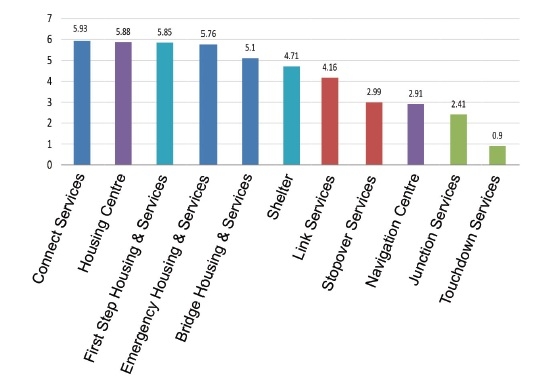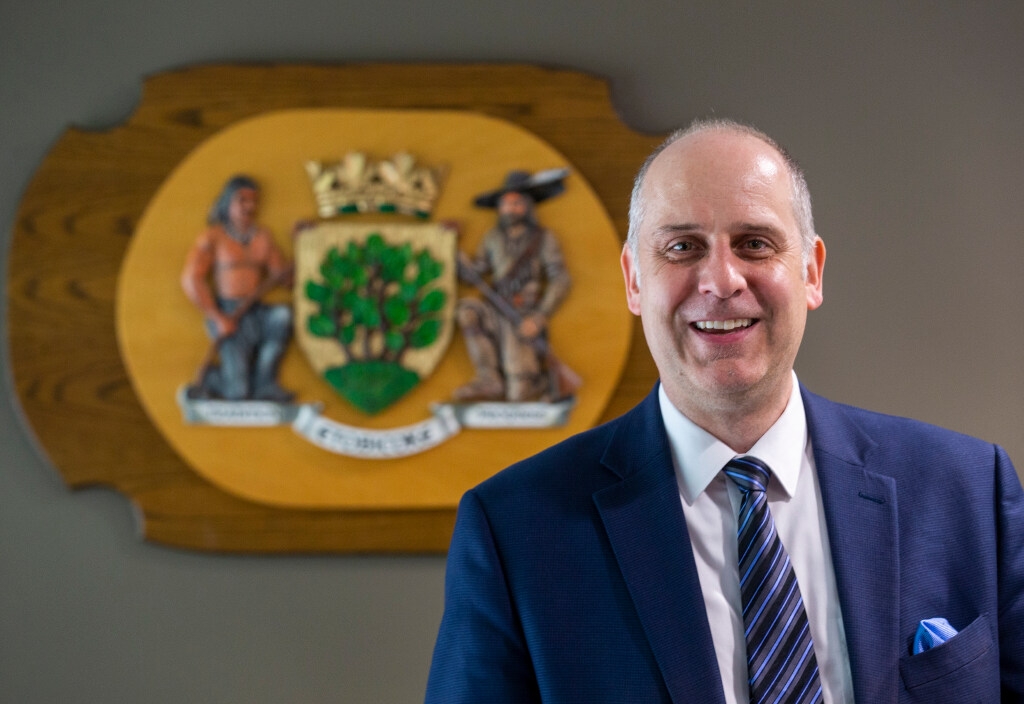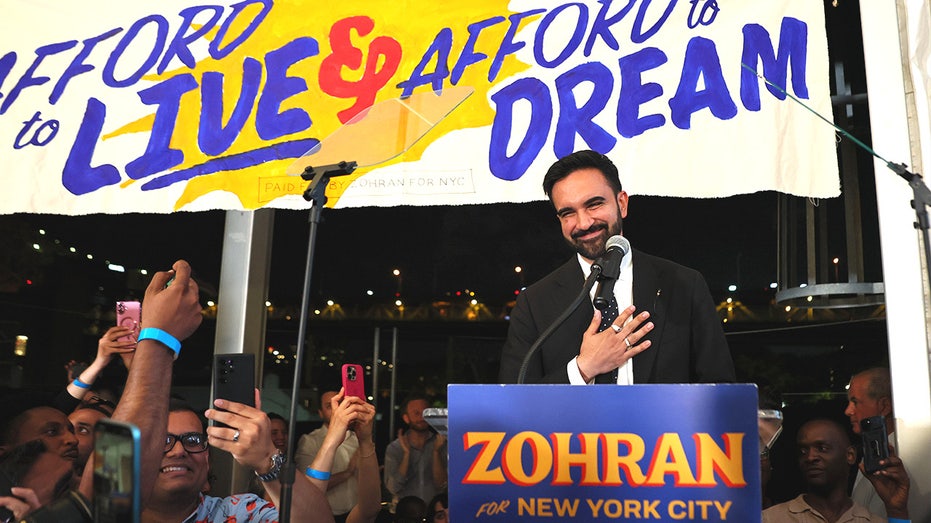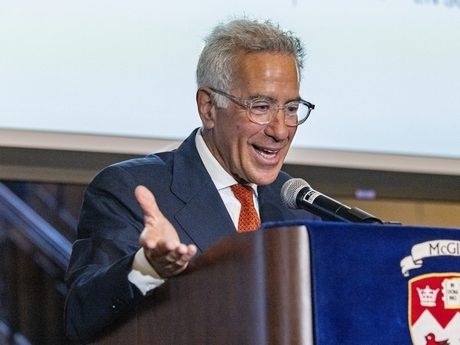In 2018, Toronto City Hall quietly shelved a $59,700 report exploring a rebranding of its homeless shelters. The idea – to replace the word “shelter” with something more palatable – sparked immediate backlash, dismissed by the public as a superficial attempt to mask a deeper crisis.
The report, commissioned from two consulting firms, meticulously gauged public opinion through focus groups and online surveys. The results were overwhelmingly clear: people weren’t interested in a name change. They wanted solutions, not semantics. The consultants’ “top choice,” the word “connect,” failed to resonate, met with skepticism and outright opposition.
One survey respondent bluntly questioned the purpose of such an exercise: “Are you hoping to make people feel better about Toronto’s homeless and disadvantaged?” Others argued that resources should be directed towards building housing and providing rent subsidies, not “fiddling while Rome burns.”

Despite finding that the word “shelter” wasn’t inherently problematic – one focus group even expressed agitation at the suggestion of changing it – the report suggested a rebrand could “attract attention” and “stimulate conversation.” However, it also cautioned that any change could backfire if the underlying issues remained unaddressed.
The proposed alternatives – “bridge” and “first step” – fared no better. “Bridge” was deemed too closely associated with faith-based organizations, while “first step” was dismissed as cliché and condescending. One respondent quipped that “bridge housing” was “where trolls live.”
Councillor Stephen Holyday, upon reviewing the report, questioned why taxpayer money was spent on a “marketing plan” that was ultimately abandoned. He noted the initiative felt more suited to an advocacy group, focused on shifting public perception rather than tackling the root causes of homelessness.

The renaming idea originated from a broader package of proposals passed unanimously by city council in 2017. However, the report languished, unseen, until recently unearthed by the media. City Hall explained the tepid public response led them to prioritize infrastructure improvements instead.
Holyday remains skeptical, suggesting the report was likely suppressed because it didn’t deliver the desired outcome. He expressed regret for supporting the initial motion, acknowledging a missed opportunity to prioritize genuine engagement with the community over superficial rebranding efforts.
The story highlights a troubling pattern: a focus on optics over substance, and a disconnect between City Hall and the concerns of its citizens. It serves as a stark reminder that meaningful change requires more than just a new name – it demands a commitment to addressing the fundamental challenges facing Toronto’s most vulnerable population.






